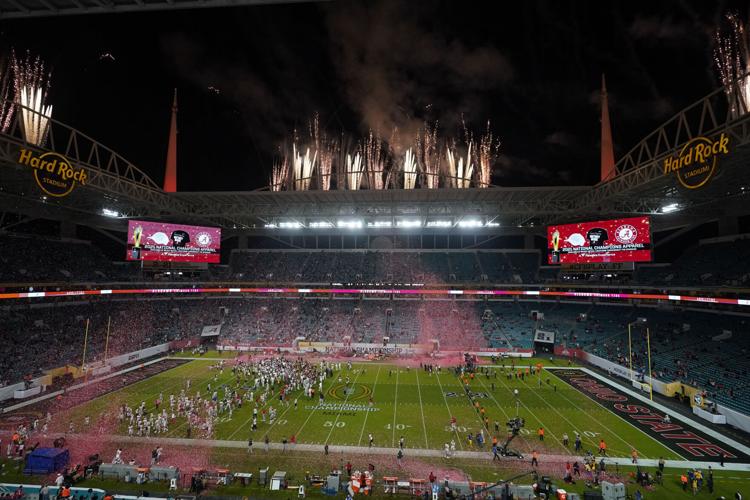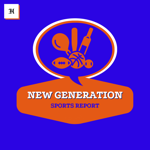In the years immediately following World War I, American rower Jack Kelly was the planet’s greatest oarsman.
He bagged three Olympic gold medals in 1920 and 1924, and might have added to his haul had The Great War not pre-empted the Games in 1916.
But some in his sport’s governing body weren’t happy with Kelly’s success. He was accused of being a professional athlete and blocked from participating in the Diamond Sculls at Henley-on-the-Thames, the world’s most prestigious non-Olympic rowing competition.
Kelly, a construction contractor, was problematic for amateur athletic organizers who regarded their activities as strictly for gentlemen.
As often happens, though, Kelly’s successes paved the way for his children’s class respectability.
Jack Kelly’s son, Jack Jr., won the Diamond Sculls in 1947 and 1949, and qualified for the Olympics four times, scoring a bronze medal. But it was Jack Kelly’s daughter who would deliver the coup d’grace – pun intended.
Y’see, the sons of the men who decided that Jack Kelly’s blood wasn’t blue enough for him to dip his oars in the hallowed waters of Henley-on-the-Thames would one day be compelled to bend the knee before his daughter, Her Serene Highness Princess Grace of Monaco.
As the 2022 college football season begins, more than a year after the Supreme Court’s ruling in Alston v. NCAA, players, coaches and administrators are still coming to terms with its impacts. That ruling — which allows college athletes to capitalize on their names, images and likenesses, also known as NIL deals — has effectively destroyed the last bastion of amateur athletics.
Good riddance to it.
Amateur athletics = class warfare
The modern Olympics — founded in 1896 by a French baron, Pierre de Coubertin — was part of a late 19th century pushback against professional sports. At the time, players were earning relatively handsome compensation to play football, the sport we Yanks call soccer, in Europe, baseball in the United States, and boxing and horse racing on both sides of the Atlantic.
Dr. Susan Brownell, a historian at the University of Missouri-St. Louis, said on the “American History Tellers” podcast that amateur sports itself and the Olympics were acts of class warfare.
To the men of Coubertin’s class, professional sports and the handsome salaries it bestowed upon young working-class men, and in many cases formerly enslaved young black men, was troublesome.
The gentlemen athletes didn’t put it in those words. Instead they talked about playing for love of the game instead of filthy lucre. But it wasn’t coincidence that none of the people who praised the “purity” of amateur athletics actually needed the money.
The British gentlemen’s athletic club amateur standard excluded not only sportsmen who were paid for their craft, but even those who worked with their hands, on the grounds that their occupations amounted to training.
These rules, known as “mechanics’ clauses,” might have kept Jack Kelly, who built the home in which he raised his Olympic medalist son and Academy Award-winning princess-to-be actress daughter with his own hands, out of the Diamond Sculls.
By the 1980s, international amateur sports began to collapse under the weight of its own larceny and hypocrisy. Olympic track stars were able to realize income through endorsements and tap into those funds for necessities — in the case of eight-time gold medalist Carl Lewis, a collection of Waterford Crystal was considered a necessity.
That ended when the Olympic Games accepted professional athletes, most notably with the 1992 U.S. basketball squad, known as the “Dream Team.”
But the NCAA clung determinedly to an amateur system that enriched everyone but the athletes. taking that wealth from the young men who generated it required increasingly convoluted regulations and punishments.
Amateur athletics = unfair
Amateur sports can never be “pure” or honest.
Whenever tens of thousands of spectators pay directly to watch sports from the bleachers and indirectly on television from their couches, whenever the coaches and promoters get paid, but the athletes aren’t, those promoters are taking revenue from those who generate that revenue.
The International Olympic Committee, at one time, and the NCAA until one year ago, took the talent and effort of young athletes under the guise of amateurism and gave them little in return.
Prior to the name, image and likeness revolution, the NCAA allowed only one form of renumeration – college scholarships.
As compensation, scholarships are perverse because there is an inverse relationship between athletic ability and the value of a scholarship. Put another way, the more likely athletes are to play professional sports, the less their scholarships are worth.
For a “one-and-done” college basketball player who would — but for collusion between the NBA and NCAA — go directly from high school to the professional ranks, a college scholarship has negative value.
Today, college athletes can earn income from sponsors in compensation for the use of their names, images and likenesses.
Exchanges that once happened under the table can now be above board. Actions that were once hidden will now take place in the open, which itself will remove a measure of hypocrisy.
Best of all, it provides wealth to those who actually earn it.
ERIC POOLE is Editor of the Herald and a retired amateur athlete in a sport that people rarely paid to watch. Contact him with complaints and story tips at epoole@sharonherald.com or by calling 724-854-5266 or 724-981-6100, ext. 247.












Commented
Sorry, there are no recent results for popular commented articles.